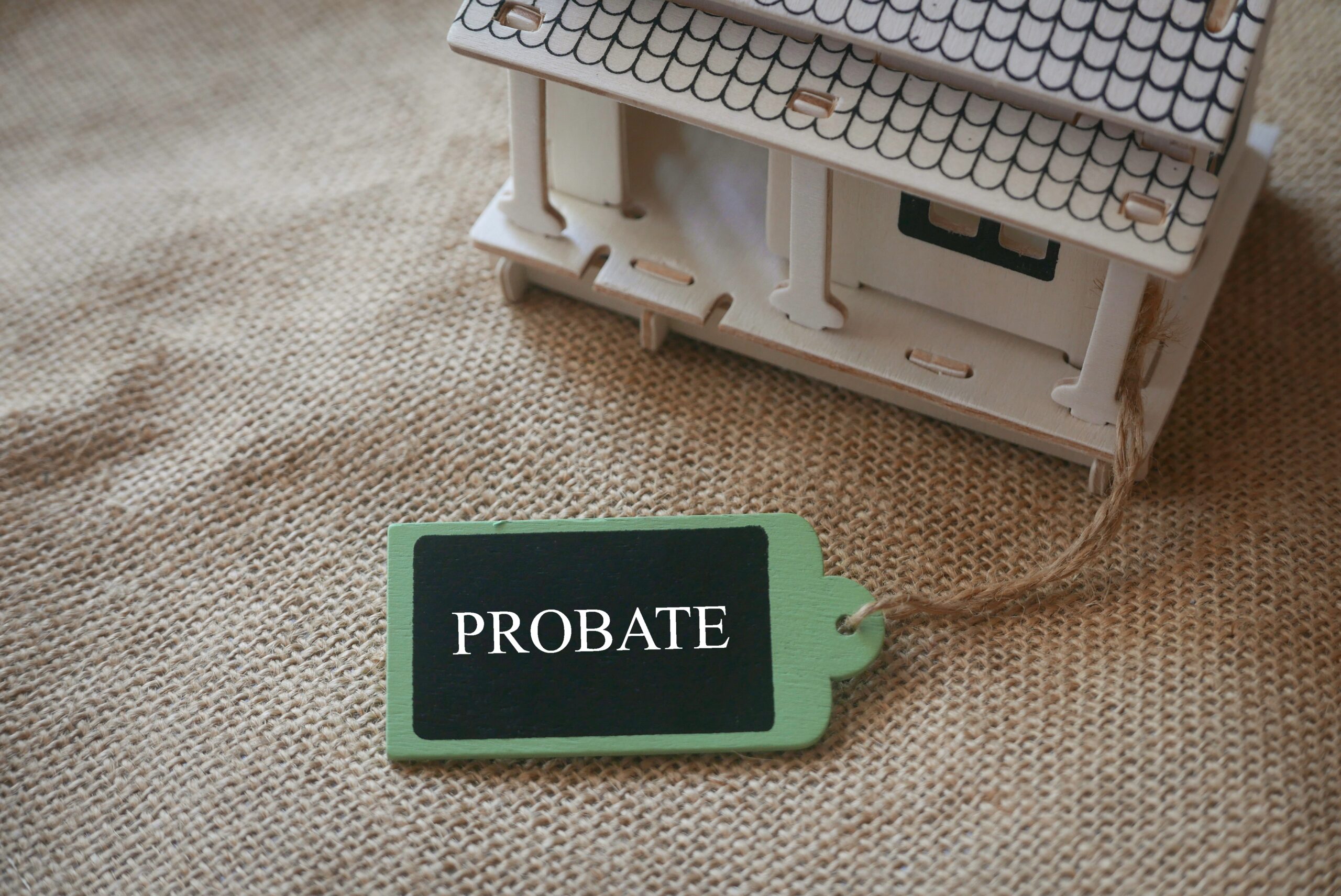Properties sold in probate court can be a good deal, as they’re often priced lower than other homes. But there are risks, and probate sales often take longer than traditional real estate transactions. If you’re an active real estate buyer, at some point you’ll likely come across a probate sale. As a result, as with short sales, some buyers keep the probate sales at bay and their real estate agents discourage them from getting their hopes up on actually buying a home through probate courts. Here’s the story on probate sales in real estate.
Why a home is sold through probate court
A home is sold in probate court when someone dies intestate or without bequeathing their property. When that happens, the state takes over and administers the property’s sale. The court wants to be certain the property is marketed and sold at the best possible price. To ensure this, the court requires certain steps, processes and procedures be followed. Probate laws can vary from state to state, but any good real estate agent should be sufficiently knowledgeable about the ins and outs of probate sales.
Marketing a probate sale
In a probate sale, the property is marketed just like any other property. The probate attorney or the estate representative will hire a local real estate agent, sign a listing agreement, and show the property, just as they would a traditional listing. Generally, the list price is based upon the listing agent’s suggestions as well as an independent appraisal ordered and issued by the court.
Making an offer
An interested buyer may make an offer on the property at any time. However, in the case of a probate sale, the offer must be accompanied by a 10 percent deposit. The estate representative will then accept or counter the offer, just like any other sale. The offer is subject to the court’s confirmation. Even though the seller may have accepted a buyer’s offer, the seller is not committed to that buyer or their offer. The estate representative, through their probate attorney, will then petition the court to confirm the sale. A future date is chosen for the sale to be confirmed in the court.
Playing the waiting game
Once the sale date is determined, the parties now must wait a minimum of 30 to 45 days. During this time, the court requires that the property be properly advertised and marketed with the new accepted price. In California, for example, the court will take that accepted offer and raise it by 5 percent plus $500. The total becomes the new probate price to be marketed.
Going to court
In order for the sale to be confirmed, the court requires that the new buyer, plus any other interested party, come to probate court to confirm the sale. The property is then sold auction style with the opening bid being (in the case of California) the accepted offer price plus the 5 percent, $500 increase. Sometimes multiple buyers show up to bid on the property in increments of $5K. If nobody shows up to bid on the home, the first buyer gets the property for their original offer price. If the property is sold to one of the bidders, they must immediately hand over a deposit of 10 percent.
The deposit may not be refundable
There are some things for buyers to be aware of when moving forward on a probate sale. Many times, the 10 percent deposit that’s required with the offer is not refundable unless the original buyer isn’t the final court confirmed buyer. Also, since the seller is deceased, there usually isn’t anyone to disclose a previously leaky window, illegal work done on the property, plans for a major change to the neighborhood, or anything else that may negatively affect the property’s value. That’s why probate sales can be risky.
An early inspection is your best defense
Any serious buyer should have the property inspected from top to bottom before writing an offer. Yes, you’re gambling the price of the home inspection without knowing if your offer will even be accepted, or if you’ll be outbid by someone else in probate court. But would you rather gamble the cost of an inspection — or the cost of a house?


Recent Comments